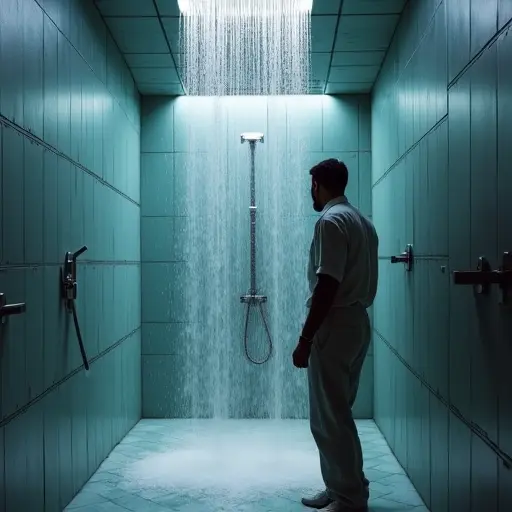
Historic Justice Served After DNA Breakthrough
A 92-year-old British man has been convicted for the 1967 murder and rape of 75-year-old Louisa Dunne in what authorities describe as the oldest solved cold case in UK policing history. Ryland Headley was found guilty today at Bristol Crown Court after DNA evidence linked him to the crime that had remained unsolved for 58 years.
The 1967 Tragedy
On June 28, 1967, neighbors reported hearing a terrified scream during the night at Dunne's Bristol home. When the widow failed to collect her morning newspaper as usual, police discovered her strangled with a scarf in the living room. Despite an extensive investigation involving 19,000 palm print submissions within a 1.5-mile radius and 8,000 house-to-house inquiries, the case went cold with no viable suspects.
Scientific Breakthrough
In 2023, a specialized cold case team re-examined Dunne's preserved clothing using modern DNA analysis techniques unavailable in 1967. The genetic material matched Headley's profile in the national database - submitted during a 2012 violent offense investigation. "A goosebump moment," described lead investigator Joanne Smith, noting the match demonstrates murderers "can never stop looking over their shoulder."
Pattern of Violence
Though Headley had no criminal record in 1967, he later admitted to raping two elderly women (79 and 84 years old) in Ipswich during 1978, serving seven years. Investigators noted disturbing similarities between these crimes and Dunne's murder.
Family's Long Wait for Justice
Dunne's granddaughter, now the same age as her grandmother at death, expressed mixed emotions: "There's stigma around rape and murder, so I rarely spoke of it. My mother never recovered - fear dominated her life." She lamented that relatives who knew Louisa never witnessed this delayed justice.
The Power of Forensic Advancements
This conviction highlights how DNA profiling revolutionized cold case investigations. Developed by Sir Alec Jeffreys in 1984, the technique analyzes variable number tandem repeats (VNTRs) in genetic material. Modern methods can extract profiles from decades-old evidence, with success rates increasing as databases expand and sensitivity improves.

 Nederlands
Nederlands
 English
English
 French
French
 Deutsch
Deutsch
 Espaniol
Espaniol
 Portugese
Portugese









